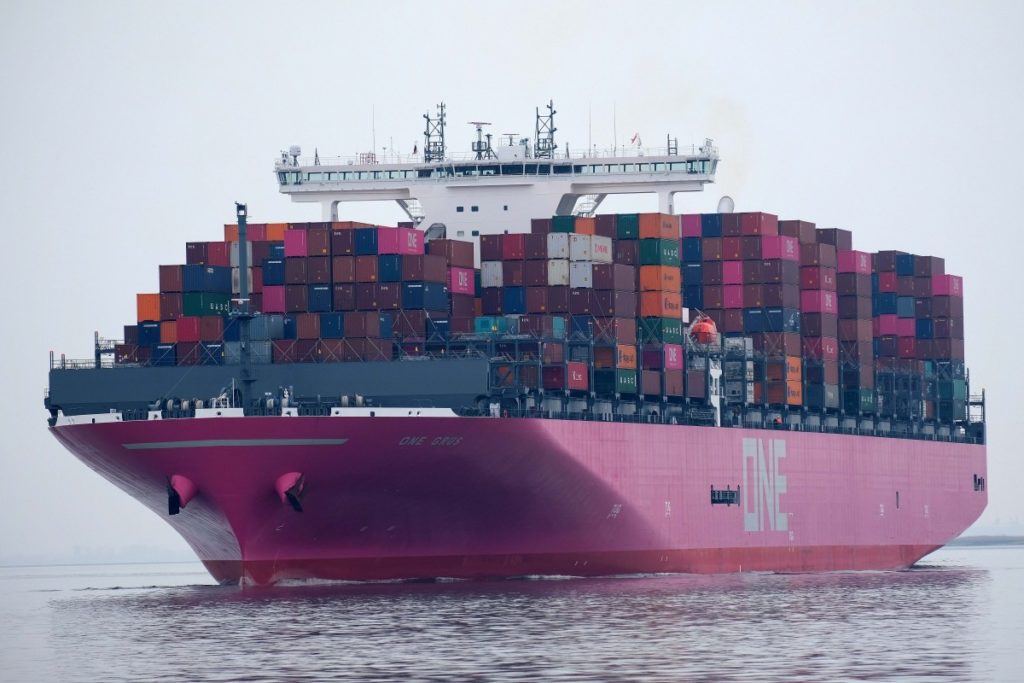Greece and the United Kingdom have instructed their merchant maritime fleets to log all voyages through the Strait of Hormuz and refrain from sailing through the Gulf of Aden in the wake of Israel’s significant military strikes on Iran.
The directive underscores mounting concerns about instability in the area following Israel’s extensive operation on Friday that targeted Iranian military installations and nuclear facilities.
Concerns about Iran’s possible reprisal are growing in response, especially the threat to close the Strait of Hormuz, a vital chokepoint for international oil and commercial shipping.
Greek shipowners were directed to immediately submit information on any Greek-owned vessels traversing the Strait of Hormuz in a document released by the country’s shipping ministry and distributed by its national shipping association.
The UK’s Department for Transport issued similar guidance, urging all UK-flagged ships—including those under the Gibraltar, Bermuda, and Isle of Man registries—to avoid the southern Red Sea and Gulf of Aden.

If transit is necessary, vessels are instructed to adopt the highest security measures and reduce crew exposure on deck.
Shipping safety experts say shipowners are increasingly choosing to steer clear of the Red Sea and Persian Gulf due to the elevated threat level. Jakob Larsen, chief security officer of BIMCO, a major shipping association, warned that if the United States is seen as complicit in Israel’s actions, the risk of Iranian escalation, such as missile strikes on ships or sea mine deployment, rises significantly.
Meanwhile, the EU’s Red Sea naval mission Aspides continues its operations but is closely monitoring the unfolding situation.
The Strait of Hormuz remains one of the world’s most strategic maritime passages, handling a significant portion of global oil shipments.
Any disruption could have widespread implications for global trade and energy markets.





